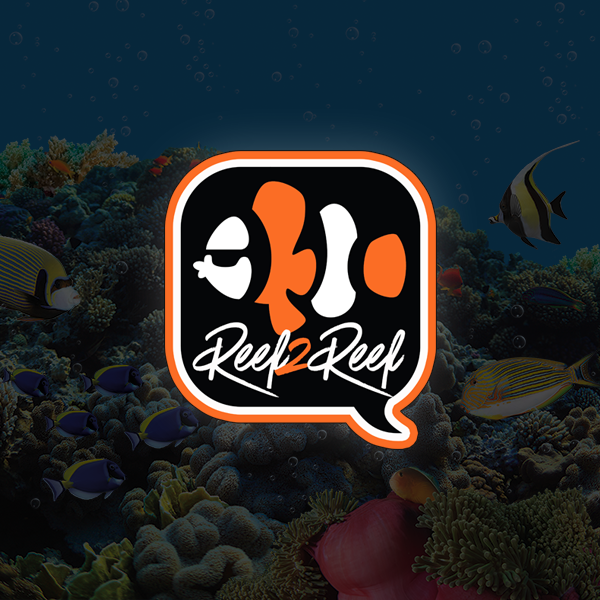- Joined
- Dec 1, 2019
- Messages
- 132
- Reaction score
- 204
If I had a 400 gallon tank, probably wouldn’t love doing water changes either. But I do not understand this continued goal to manage tanks without water changes? I have 3 tanks, 125, 65, 20 and do weekly changes. Other than salinity, I probably check parameters once a year, other than AFR do not dose anything. Always just seemed easier to me to just do quality water changes, then constantly test water, and try to chase parameters ghat I can achieve with just maintenance. For the record, do not have acros, but basically everything else. Guess it just where u want to spend your time. To each their own, but then I usually think I am right. Not a great trait of mine!





























